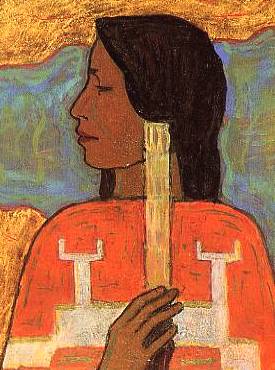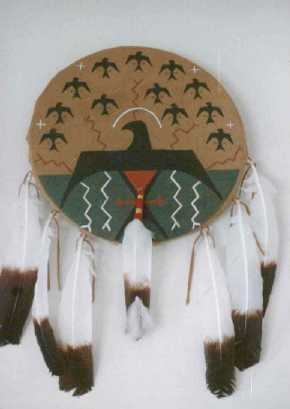The Sophia Perennis and Feminity
"The contemplation of God in women is the
most intense and the most perfect". (Ibn Arabî, Fuçuç
al-hikam, p. 202)
"Woman synthesizing virgin nature, the sanctuary
and spiritual company, is for man what is most lovable; in a certain respect
she represents the projection of merciful Inwardness in barren outwardness,
and in this regard she assumes a sacramental or quasi-Divine function."
(Frithjof Schuon, Logic and Transcendence, p.194).
The Sophia Perennis (Perennial Wisdom),
as Frithjof Schuon has formulated it, does not exclude any positive manifestation
of the Divine. Religious exoterism on the other hand, given its focus
on the spiritual capacities of the majority of men, that are necessarily
uneven, justifiably tends to consider anything dealing with femininity,
sexuality and the human body from the exclusive standpoint of an opportunity
for sin. In contrast to this limited and expedient perspective, the Sophia
Perennis aims at restoring the deepest value of these aspects of human
existence, while being aware of the ambiguity and danger that are inherent
to its esoteric and primordial perspective. The short quotations given
below will allow the reader to reach an initial understanding of the ways
in which an objective and existential contemplation of femininity in its
various dimensions and modes (the archetypes and their sensible manifestations)
satisfies one of the most profound needs of integral human nature, and
how intellective discernment and the sanctifying assimilation that is
brought about by the methodical use of sacred means of grace can transmute
the love for woman and feminine beauty into a very profound and powerful
support of spiritual realization.
Femininity
The 'Eternal Feminine'
Eve and Mary
Man and Woman
The feminine body
Feminism
